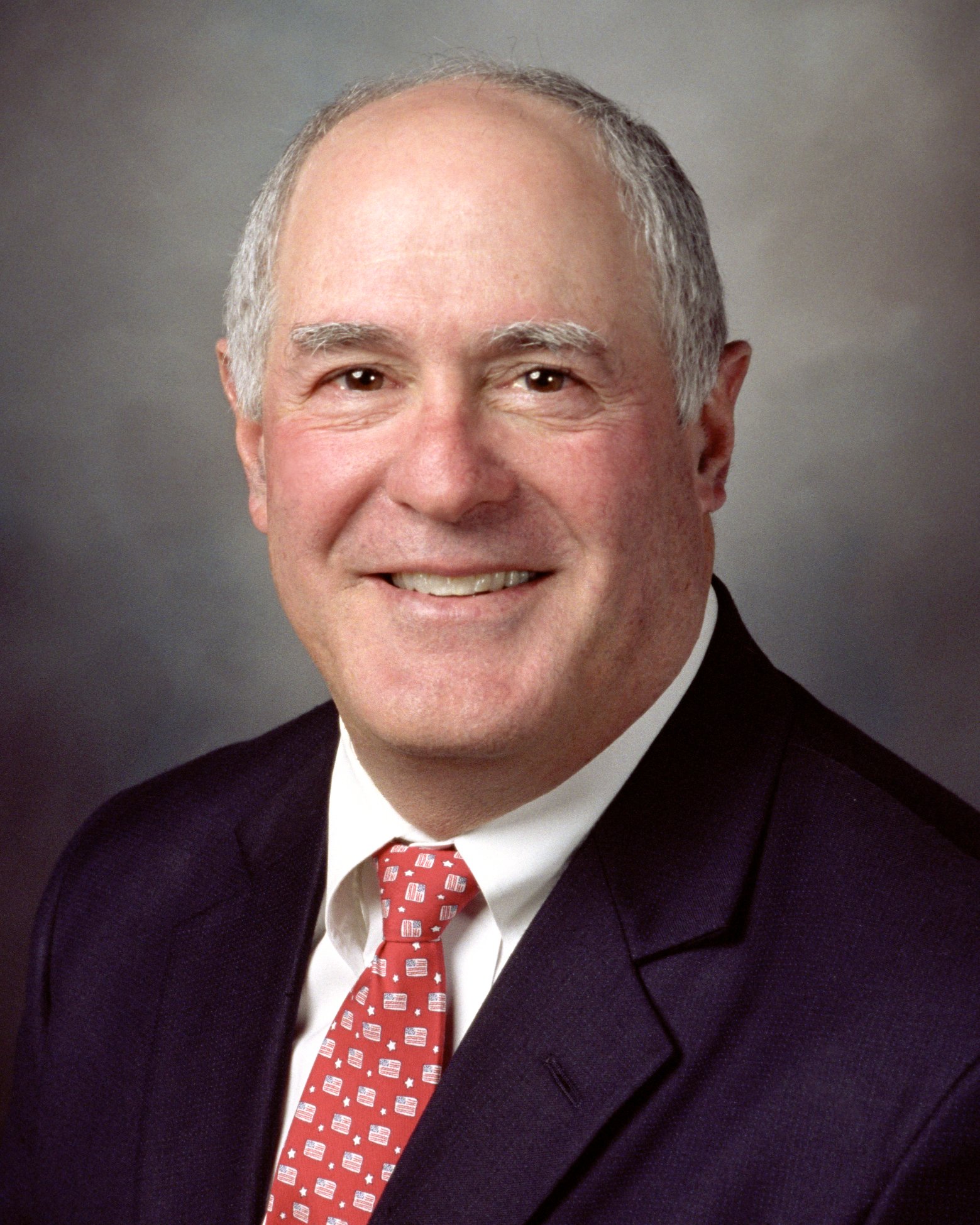
Seliger Looks to Reduce Importance of High-Stakes Tests

Above: Sen. Kel Seliger (R-Amarillo)
The high-stakes battle over high-stakes testing returned to the Capitol today as the Senate Committee on Education heard testimony on Senate Bill 149, which would allow students to graduate high school without passing state tests.
Without action from the Legislature, as many as 28,000 students will not graduate this year because they haven’t passed state tests, said the bill’s author, Sen. Kel Seliger (R-Amarillo).
Seliger’s bill would allow students who fail State of Texas Assessments of Academic Readiness (STAAR) exams to graduate if they pass all classes required for graduation, maintain a 2.0 GPA and meet other conditions outlined by an individual graduation committee.
According to Seliger’s proposal, the individual graduation committee—consisting of the student’s principal, teacher, school counselor and parent—would have to vote unanimously for a student to graduate.
Arguing in favor of the bill, committee chair Sen. Larry Taylor (R-Friendswood) said there is a big disconnect between student achievement and test scores.
“It’s insanity when you see the level of achievement some of these kids are doing and they can’t pass the test,” Taylor said.
Testing is big business in Texas. The state currently pays the testing company Pearson almost half a billion dollars under a five-year contract to develop, distribute and score STAAR tests.
Aldine ISD superintendent Wanda Bamberg testified that she doesn’t trust Pearson.
“Every year we pay Pearson to have our [scored] papers returned to us … and we found a paper that was mis-scored,” Bamburg said. “We’re holding children accountable for graduation based on that type of scoring error.”
Seliger’s bill comes amid a broader movement to diminish the importance of high-stakes tests. During the 2013 legislative session almost 90 percent of Texas school boards signed an anti-testing resolution, and the Legislature reduced the number of tests required for graduation from 15 to five.
Texas started requiring that students pass standardized tests to graduate in the 1980s, and was one of the first states to do so. After the state implemented the tests, the graduation rate for Latinos and African Americans dropped significantly. In 1997 the Mexican American Legal Defense and Educational Fund sued the Texas Education Agency, arguing the test was racially discriminatory.
Courts ruled in favor of the agency, and the anti-testing movement didn’t reach critical mass until a few years ago when a coalition of advocacy groups started agitating. One much-publicized group, dubbed Moms Against Drunk Testing, testified at today’s hearing in favor of Seliger’s bill.
Clay Robison, spokesman for the Texas State Teachers Association, said his organization hopes the work of advocacy groups will prod the Legislature to take a closer look at who benefits from the state’s testing requirement.
“The current testing regime enriches companies and transfers accountability from a Legislature that has historically underfunded education,” Robison told the Observer.
Senate Bill 149 did receive some pushback, primarily from Sen. Donna Campbell (R-New Braunfels) and Sen. Lois Kolkhorst (R-Brenham).
Kolkhorst said she was concerned the bill would create a disincentive for students to pass tests and questioned why the state should spend so much money on exams if students can graduate high school without passing them.
“Maybe we should just throw those out [the tests] and save the money,” Kolkhorst said.
“That’s a whole ‘nother discussion,” Taylor responded.

